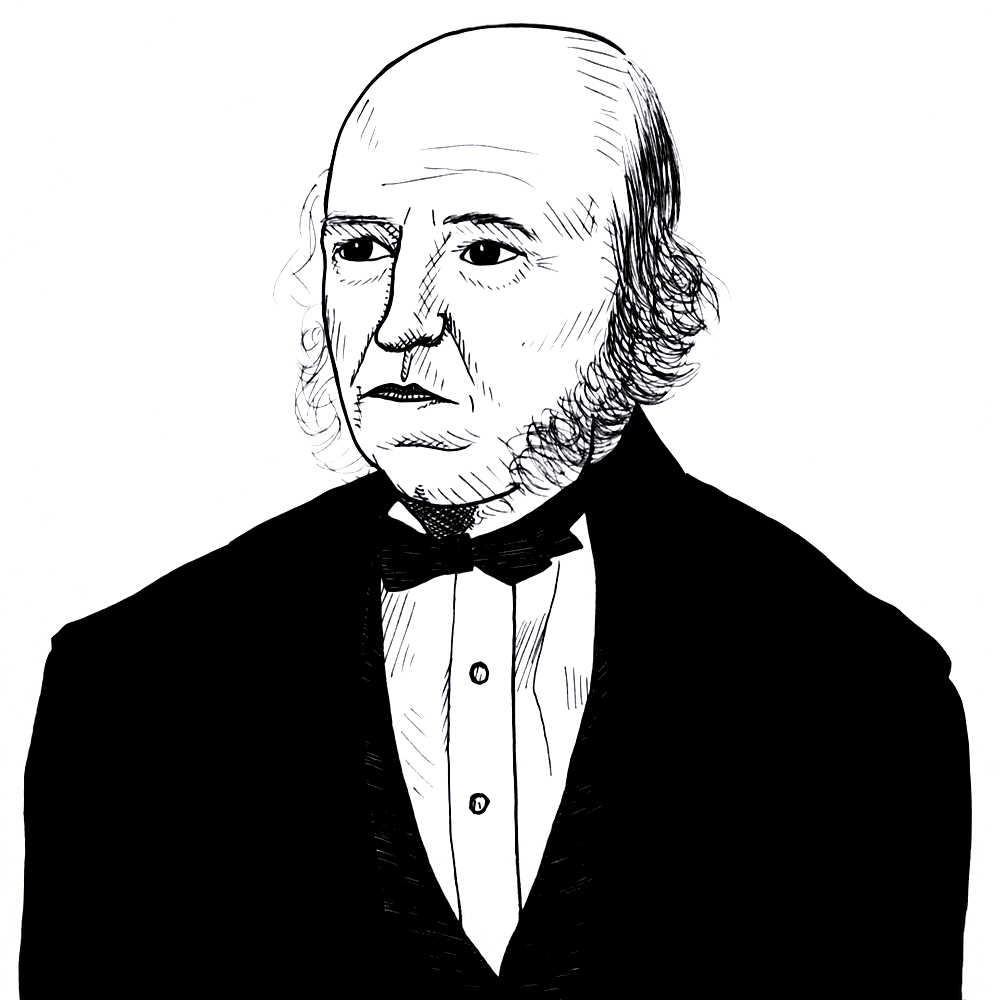
Herbert Spencer worries that the violence and brutalities of football will make it that much harder to create a society in which individual rights will be mutually respected (1879)
Found in: The Principles of Ethics, vol. 2 (LF ed.)
The English radical individualist Herbert Spencer (1820-1903) argued that, since “old beliefs” about violent activities such as imperial conquest and some sports were so widely held, the prospects for rapid social change in the late 19th century were not good until people began to respect each other’s rights. He singled out “the brutalities of football” for special consideration:
Sport and Liberty
A nature which generates international hatreds and intense desires for revenge–which breeds duelists and a contempt for those who do not seek to wipe out a slight by a death, is not a nature out of which harmonious communities can be molded. Men who rush in crowds to witness the brutalities of football matches, who roar out ferocious suggestions to the players, and mob the umpires who do not please them, so that police protection is required, are not men who will show careful consideration of one another’s claims when they have agreed to work together for the common good.